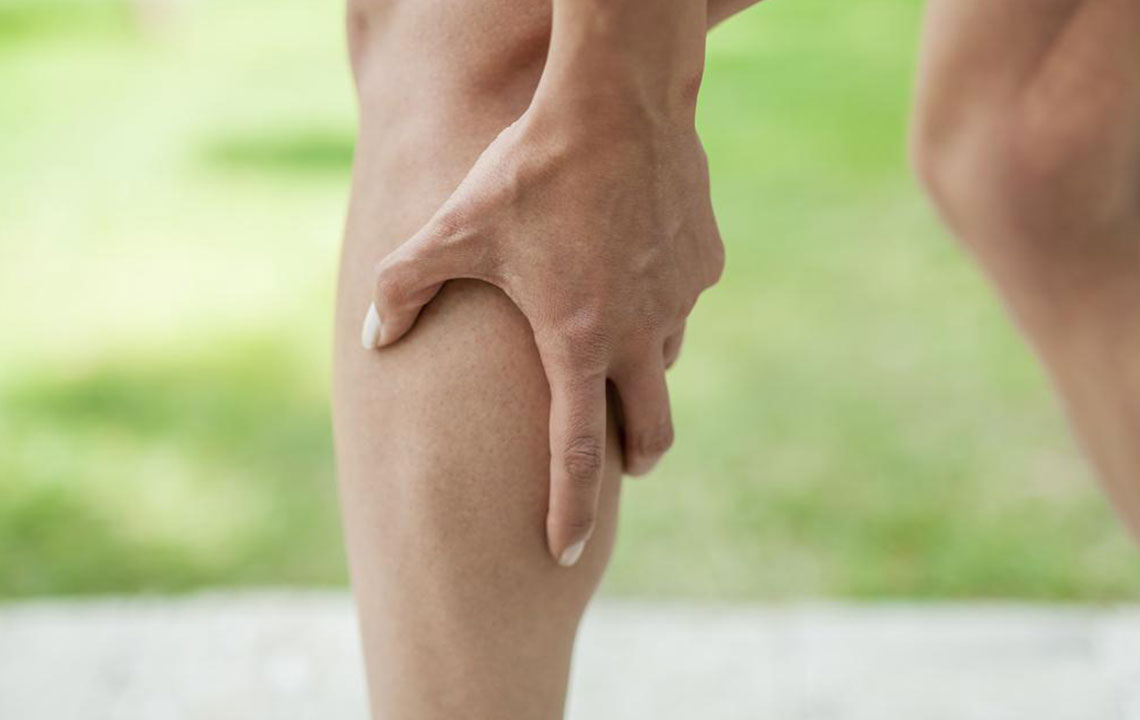Effective Strategies to Relieve and Prevent Muscle Pain
Discover effective methods to manage and prevent muscle soreness. Learn about causes, home remedies, nutritional support, and preventive strategies to keep your muscles healthy and pain-free. This comprehensive guide offers practical tips suitable for anyone experiencing post-exercise discomfort or muscle related issues, emphasizing safe, natural, and medical approaches for relief and long-term health.

Effective Strategies to Relieve and Prevent Muscle Pain
Muscle discomfort, often called myalgia, is common after intense physical efforts. It typically appears within a day or two, causing stiffness and ache. Understanding its causes and exploring relief options can help ease discomfort:
Leading causes of muscle pain
Muscle ache frequently follows strenuous exercise, sports, or demanding chores, especially when:
Trying new activities like marathon running without preparation.
Increasing workout intensity or duration suddenly.
Focusing on stretching rather than strengthening muscles, such as downhill walking or extended limb motions.
Experiencing muscle tightness across different body parts.
Sustaining injuries during rigorous activities.
Overexerting muscles during extended physical tasks.
This can cause tiny tears in muscle fibers, leading to soreness that peaks within two days and improves as muscles adapt.
Health conditions linked to muscle pain
Certain illnesses can also cause muscle discomfort, including:
Fibromyalgia
Infections like influenza, polio, or bacterial infections
Autoimmune disorders such as Lupus and Dermatomyositis
Medications like statins and corticosteroids
Thyroid problems including hypothyroidism or hyperthyroidism
Electrolyte deficiencies like hypokalemia
Household remedies for muscle soreness
Simple home treatments can effectively relieve muscle pain:
Rest affected muscles adequately
Use OTC pain relievers such as ibuprofen or acetaminophen
Apply ice packs to reduce swelling and numb pain
Additional recommendations include:
Stretch muscles gently before and after activity
Avoid intense exercise until soreness lessens
Limit heavy lifting during recovery
Prioritize hydration and proper rest
Practice relaxation techniques like yoga or meditation
Nutritional aids for muscle relief
Consuming certain foods can support circulation, hydration, and reduce inflammation:
Magnesium-rich foods: Leafy greens, nuts, seeds, lean meats promote muscle relaxation.
Potassium-rich foods: Watermelon, bananas, avocados, tomatoes assist in muscle recovery.
Calcium sources: Spinach, dairy, kefir aid muscle function.
Electrolyte beverages: Coconut water, watermelon juice replenish minerals.
Stay sample drinking enough water daily
Pain medications like ibuprofen, naproxen, or acetaminophen can be effective. Natural options such as essential oils—peppermint, cypress, and coconut—massage into sore areas may also provide quick relief.
Preventing future muscle pain
To minimize soreness later, gradually increase exercise intensity, start with light activities, and consult healthcare providers when needed. Routine movements and weight exercises strengthen muscles and support joints. For ongoing or severe discomfort, seek advice from a physiotherapist to prevent injury and ensure proper posture.
Disclaimer: The insights provided here are for informational purposes based on research and are not a substitute for professional medical advice. Consult a healthcare professional for personalized diagnosis and treatment plans. We are not responsible for inaccuracies or any benefits from external schemes or offers not covered here.


